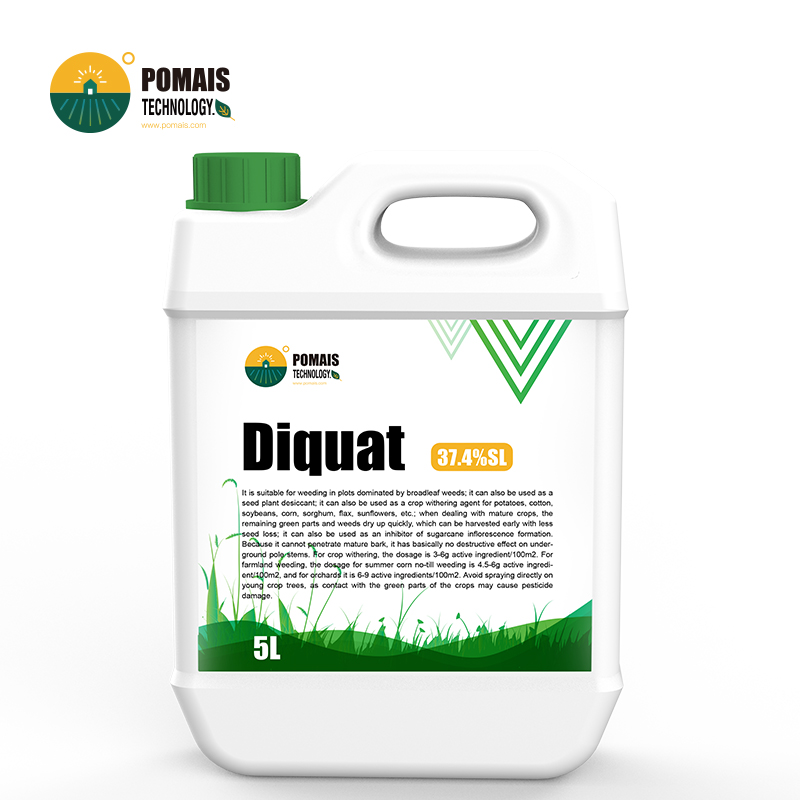-
Chlorpyrifos methyl vs chlorpyrifos
Why This Comparison Matters Chlorpyrifos methyl vs chlorpyrifos is a frequent source of confusion. The names look almost identical and both belong to the organophosphate group. Yet growers, agronomists, and buyers experience real-world differences in toxicity, volatility, residues, formulations, ...Read more -

Can you spray spinosad during flowering?
Yes, but only if the label and your pollinator plan both say “safe.” Use spinosad in bloom only when you can: avoid bee exposure, hit pests not blossoms, and prove compliance. If you cannot meet those conditions, do not spray. Move the window to late evening/night, or wait for post-bloom. Pollin...Read more -

How Cockroach Gel Works: Delayed Kill & Secondary Transfer
1) Core Mechanism Overview — Attraction → Uptake → Latency → Transfer → Collapse The short version: Cockroach gel succeeds by converting a food event into a population event. The gel’s food-like matrix attracts and is eaten (Attraction → Uptake). Its active ingredient is purposefully delayed (Lat...Read more -

How to Use Diquat Herbicide
A focused, practice-oriented guide to using diquat correctly—limited to use principles and decision factors. No rates, no replicable mixes. Always follow the product label and local regulations. What Diquat Is and Why It Matters in Use Diquat is a non-selective, contact herbicide in HRAC Group 2...Read more -
Is Copper Oxychloride Safe?
What is copper oxychloride & where it fits Copper oxychloride is a multi-site, contact fungicide (FRAC M01) used mainly as a protectant. It forms a copper film on plant surfaces that inactivates fungal spores upon contact. It’s a baseline rotation partner for many crops—especially where preve...Read more -
How long does cockroach gel last?
In normal indoor conditions, cockroach gel keeps working around 3–6 months after placement. You’ll usually see visible reduction within 36–48 hours and broad control in ~1–2 weeks when placement is done right. Actual duration depends on site conditions, cleaning habits, pest pressure, and p...Read more -
Does Metaldehyde Kill Rats?
Direct Answer & Scope No. Metaldehyde is not a rodenticide and is not labeled or intended to kill rats. It is a molluscicide used to control slugs and snails. Using metaldehyde for rats is unsafe, ineffective, and typically unlawful because product labels and regulations do not authorize rode...Read more -

Is Fipronil Toxic?
“Toxic” depends on who is exposed, how much, and how often. As a phenylpyrazole insecticide that targets GABA-gated chloride channels, fipronil is highly toxic to insects by design and very toxic to aquatic invertebrates; it can also be harmful to bees. In mammals (including humans and pets), acu...Read more -
Effects of Paclobutrazol on Plants: Growth, Yield, Quality
1) Executive Summary of Effects (Paclobutrazol) — Concise (English-only) Architecture: Shorter plants, shortened internodes, compact canopy. Leaves/Canopy: Reduced leaf area; thicker, darker leaves (often higher chlorophyll). Roots: Increased root:shoot ratio; more fine roots, improved anch...Read more -

How to Use Abamectin Spray for Spider Mites
When it comes to controlling spider mites in crops, abamectin spray offers fast knockdown, long-lasting protection, and reliable results—if applied correctly. The key is knowing the right timing, proper dilution, and complete leaf coverage to target mites hiding on the undersides of leaves. By fo...Read more -

What Is Copper Oxychloride Used For?
Copper oxychloride is widely used as a protective fungicide in agriculture to prevent and manage a broad spectrum of fungal and bacterial diseases. It is especially effective when applied preventively, forming a protective barrier on plant surfaces to inhibit the germination and spread of pathoge...Read more -

What Is Metsulfuron-methyl and Why It’s Widely Used in Agriculture
What Is Metsulfuron-methyl and Why It’s Widely Used in Agriculture Metsulfuron-methyl is a highly effective sulfonylurea herbicide known for its broad-spectrum control of broadleaf weeds and some grasses. Used at ultra-low doses—typically measured in grams per hectare—it offers farmers a cost-eff...Read more


